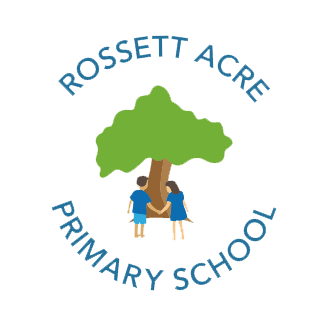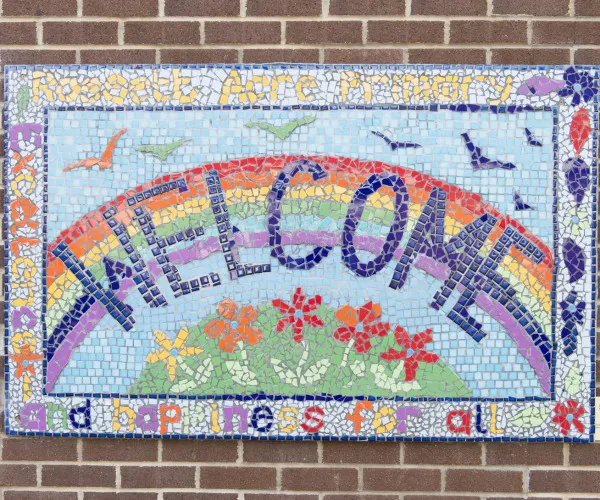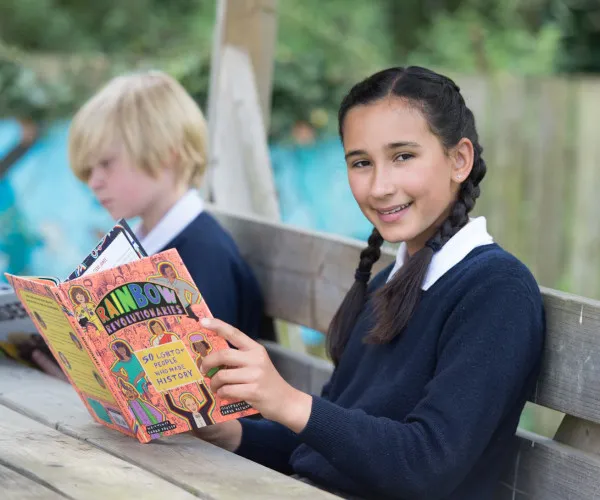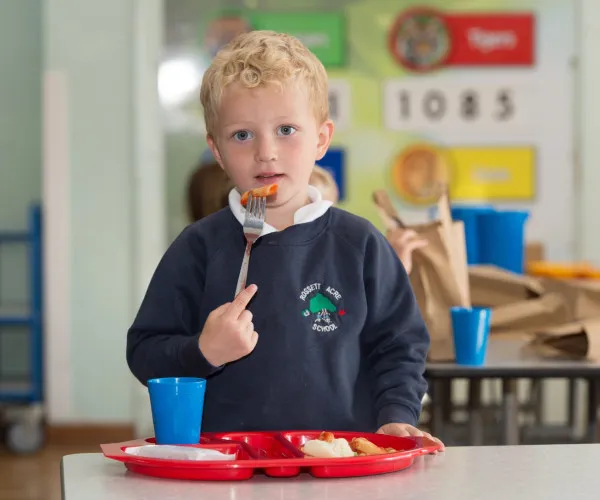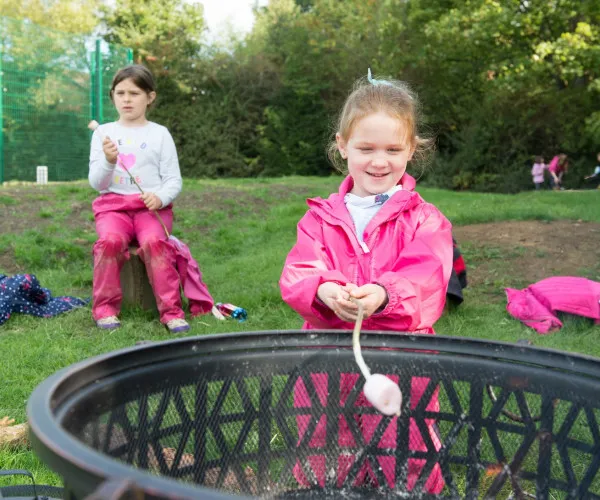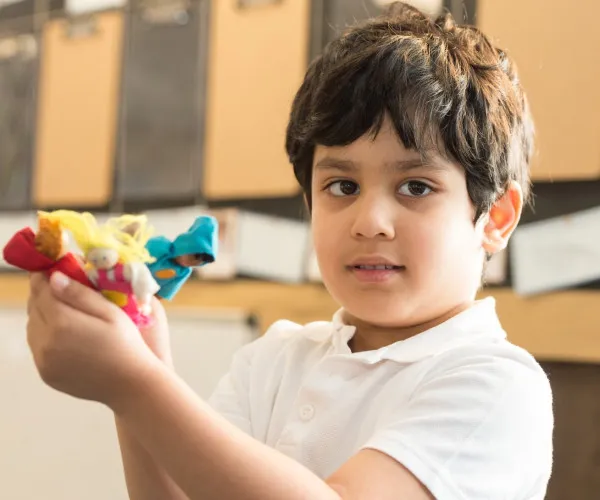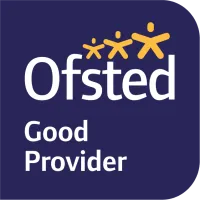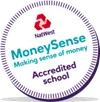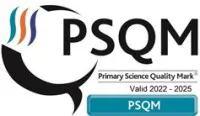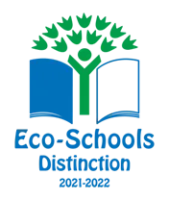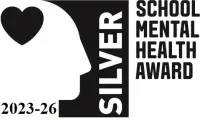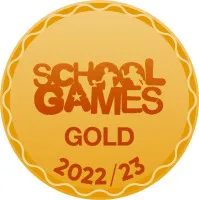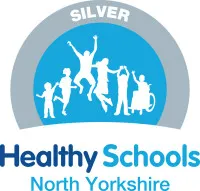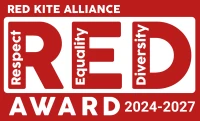Computing
Vision for Computing
‘Excellence and happiness for all’
Computing is an integral part of life and will play a vital part in our children’s futures. We will provide our children with the skills, creativity and enthusiasm to flourish in a world increasingly dependent on computing. A key priority for our children is the ability to keep themselves safe online and to behave in a responsible and respectful manner. IT is used across the school and curriculum to provide purposeful and meaningful opportunities to master skills.
The Four Strands of our Computing Curriculum:
- Digital Literacy
- Programming
- Handling Data
- Multimedia
Computing in Early Years
Children learn that a range of technology is used in places such as homes and schools and can name examples. Children are taught that different technology is used for different purposes and will choose everyday technology for a particular purpose (TVs, oven, telephones).
Digital Literacy
Pupils are taught to use technology purposefully to store and retrieve digital content and to recognise common uses of information technology beyond school.
Pupils are taught to use technology safely and respectfully, keeping personal information private; identify where to go for help and support when they have concerns about content or contact on the internet or their online technologies.
In KS2, pupils are also taught to recognise acceptable/unacceptable behaviour and are taught a range of ways to report concerns about content and contact. Children also learn about computer networks including the internet; how they can provide multiple services and the opportunities they offer for communication and collaboration. How to use search technologies effectively, and to be discerning in evaluating digital content.
Programming
Pupils are taught to understand what algorithms are; how they are implemented as programs on digital devices; and that programs execute by following precise instructions. Children begin by creating programs using block programming language such as 2code and Scratch.
In KS2 pupils are also taught to design, write and debug more complex programs that accomplish specific goals, including controlling or simulating physical system.
Children are taught to use variables, sequence, selection and repetition in programs. Python (a high-level programming language) is introduced in Year 6 to support more complex program development.
Handling Data
Pupils are taught to use technology purposefully to organise and manipulate digital content.
In KS2, pupils are also taught to understand what data is and how ICT can be used to change, sort, interrogate and classify data quickly.
Children are taught to use databases and spreadsheets to organise data effectively. The data can then be analysed, evaluated and used to present information.
Multimedia
Pupils are taught to use technology purposefully to create digital content.
In KS2, pupils are also taught to select, use and combine a variety of software (including internet services) on a range of digital devices to design and create a range of programs. For example, children are taught to create art, music, multimedia presentations and their own animations using a variety of technology such as a green screen, Makey Makey kits and presentation software.
